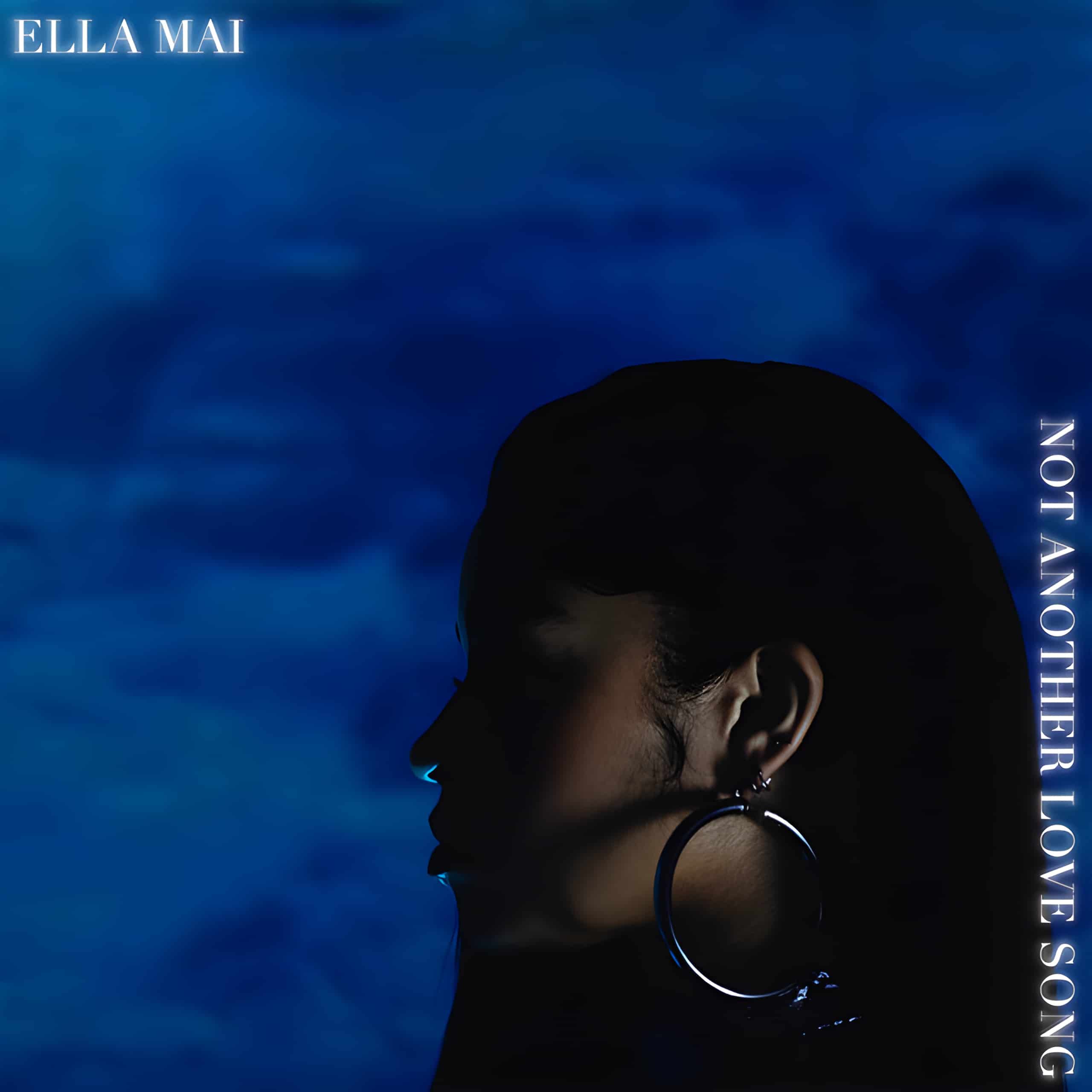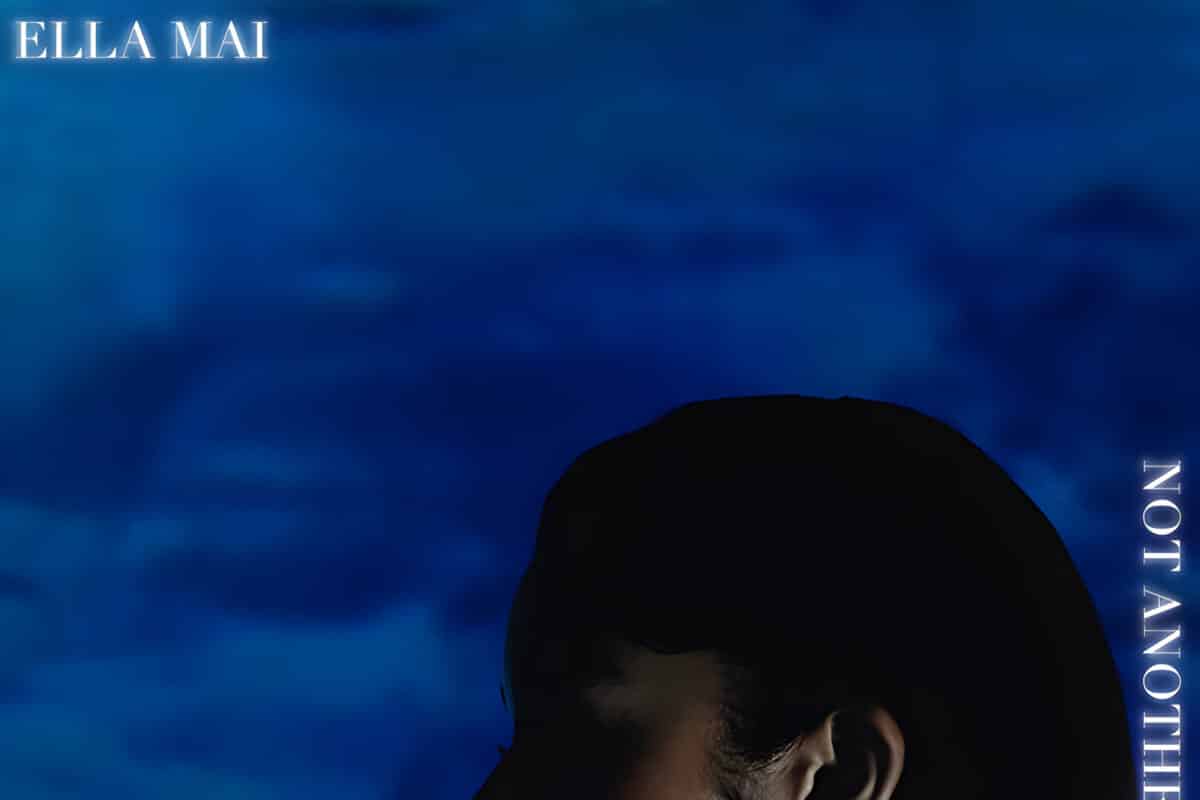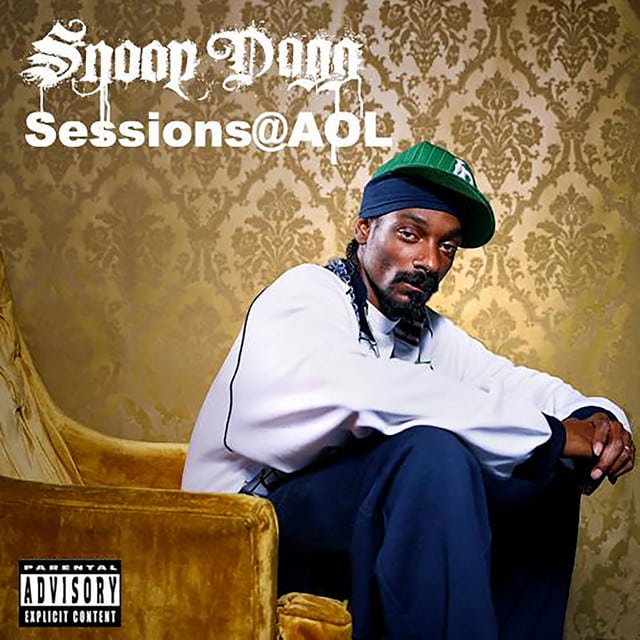Released: 2020
Ella Mai’s “Not Another Love Song” centers around the tumultuous yet intoxicating experience of falling in love. The song explores the apprehensions and bliss that accompany newfound affection, as Mai vacillates between doubt and certainty in her romantic feelings. It’s a testament to vulnerability and passion in love’s early stages, crafted with a rich tapestry of lyrical expressions.
The song kicks off with the first verse that immediately places the listener into the protagonist’s state of emotional uncertainty. Ella Mai starts with the admission that she doesn’t want to “mess this up,” indicative of her fears about ruining a potentially beautiful relationship. She’s contemplating if it might be too forward to declare she’s in deep, but it highlights the inner turmoil and depth of emotion she’s experiencing.
The imagery of “swimmin’ in my feelings” paints a vivid picture of being overwhelmed by emotions. Ella has felt something similar before, yet this time, the feelings seem more intense, likening it to drowning and sinking. Here, she’s wrestling with overthinking—wondering if her feelings are mutual and fearing that she might be foolish to believe in a reciprocal need.

The pre-chorus reveals a desire to relive these emotions despite the turmoil. She’s aware of how consuming this affection is, as evidenced by the repetition of “I’m going down,” suggesting she’s willing to let herself fall further into this infatuation. The mention of dreams underscores the fantastical and consuming nature of her emotions, portraying them as an escape.
In the chorus, Mai celebrates the way her partner makes her feel, saying, “I love the way you do it.” This admiration signifies both physical and emotional appreciation, portraying the intensity and satisfaction she derives from the relationship. The repeated phrase “don’t stop, don’t wanna lose it” underscores the fear of losing this connection, emphasizing her eagerness to maintain what she has found.
The second verse introduces a sense of self-control as Mai intends to take her time with this relationship, contrasting the reckless dive from the first verse. Here, she asserts “my time, my mind, my rules,” implying a sense of empowerment and determination to define the pace and boundaries of this relationship. Yet, there’s an implicit longing in waiting, signaling the complex dynamics of wanting and pacing.
The emotional sway continues as Mai recognizes the power her lover has over her, symbolized by the line “got me where you want.” The confusion of the “ignore” but still feeling compelled to “do this again” indicates a powerful connection that defies simple logic. It’s an emotional entanglement, revealing how deeply entangled she feels despite potential mixed signals from her partner.
The hook and refrain are cyclical in nature, emphasizing the pull and allure of love. Ella repeats her appreciation for how her partner makes her feel, demonstrating a yearning that persists through uncertainty. The refrain’s repetition underlines the addictiveness of love’s high and how it lingers on her mind.
Towards the end, Mai makes a plea for clarity, saying “it’s all in my head until you let my body know.” She craves assurance, reflecting the universal human desire for validation and commitment in relationships. Despite these intense emotions, she seems grounded enough to demand clear communication from her partner, balancing vulnerability with strength.
The song wraps with “not another love song,” hinting at an aversion to clichéd narratives while simultaneously embracing the universal complexities of love. Ella Mai’s “Not Another Love Song” captures the whirlwind of feelings—love’s power to make one feel lost yet liberated, foolish yet wise, anchored yet afloat in its tempestuous seas. This balance between passion and fear speaks volumes to the modern love story, underscoring the timeless dance of hearts that remains both intoxicating and daunting.






